
TORCH Panel Test
About TORCH Panel Test:
TORCH is an abbreviation used for a set of life-threatening infectious diseases that could harm the growing foetus during pregnancy. It is an acronym of 5 infections that are covered in the screening:
T – Toxoplasmosis
O – Other including syphilis
R – Rubella
C – Cytomegalovirus
H – Herpes Simplex Virus
It is very important to identify these infections in early pregnancy so that they can be treated, otherwise they may lead to serious complications.
TORCH panel is very helpful and is advised for pregnant women to see if there are any life-threatening infections that could possibly pass down to the foetus through mother. This is an important diagnostic test that helps prevent birth defects in unborn babies
TORCH panel tests for infections:
There are five different infections that are screened under TORCH panel. They are:
1. Toxoplasmosis – It is caused by a parasite. Eating undercooked meat and coming into contact with cat faeces can be the cause of this infection.
2. Others including ‘Syphilis’ – “O” in the panel includes a group of “Other” infections such as Syphilis, HIV, Fifth disease, Chicken pox, Zika virus etc. Mode of transmission is either sexual contact or sometimes even parasites.
3. Rubella – It is caused by a virus. Mode of transmission is either through sneezing or coughing. Generally, people are vaccinated for rubella during their childhood itself. However, if you did not get vaccinated earlier, then consider taking a shot before getting pregnant to avoid such infections.
4. Cytomegalovirus – It is one of the types of Herpes virus. It spreads through saliva and other body fluids. One can fight this infection if his/her immunity is strong. However, newborn and developing babies do not possess such strong immunity to fight this infection.
5. Herpes Simplex Virus – It is highly contagious, sexually transmitted disease. HSV1 and HSV2 are the two types of HSV infection. It is usually transmitted sexually or via direct contact with the infected person.
Symptoms of TORCH infection:
Symptoms might differ based on the underlying infection. However, it usually shares the following symptoms
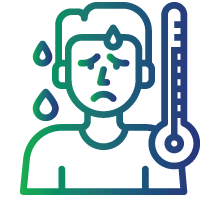
Fever
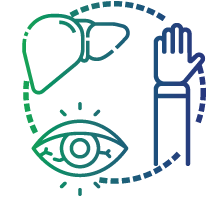
Jaundice

Low birth weight

Small red or brown spots
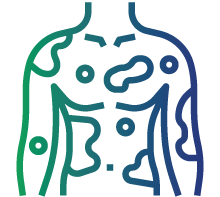
Blueberry rash (Blue or purple spots)
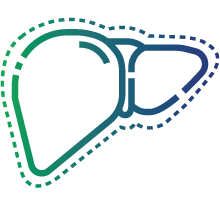
Hepatosplenomegaly (enlarged liver)
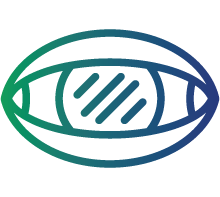
Cataracts

Microcephaly (a small head)

Loss of vision
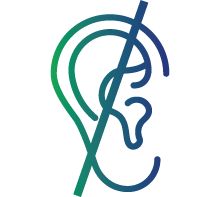
Loss of hearing

Seizures

Learning disabilities
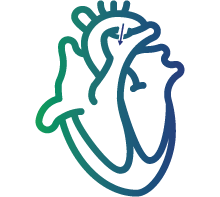
Patent ductus arteriosus (PDA)
Who should get tested for TORCH Panel?
TORCH panel is advised only for
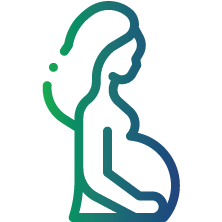
Pregnant Women
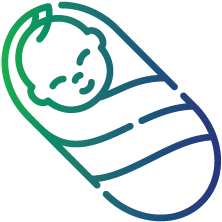
Newborn babies
Preparation for the test:
TORCH panel does not require any special preparations. However, inform your doctor if you believe you have contracted any of the viruses identified by a TORCH panel
Interpretation of the results:
Positive test results
If you have a positive test results for TORCH panel, it indicates the presence of IgG and IgM antibodies in your sample. This can mean that you currently have, or have had any of the infections in the past or have been immunized against the disease. Your healthcare provider will help explain the test results in detail.
Negative test results
If you have negative test results for TORCH panel, it is considered normal. This means that there were no antibodies detected in your sample and there is no evidence of any present or past infections in your body.
FAQs
Are there any risks to TORCH panel test?
No major risks are associated with TORCH panel test. However, it may feel a slight sting or pain at the site of prick. It usually resolves within few minutes to an hour
What is the Turnaround Time for TORCH panel?
The test results of TORCH panel are usually available after 1-2 working days. Although, it could take longer at times.
Can I avoid TORCH panel if I do not see any symptoms?
No. Although the presence of symptoms is usually an indicator to the underlying infection, a few infections can also develop with no symptoms. Therefore, to find out if you are infected with any of these diseases you must get tested to ensure safe pregnancy
What should I do if my test results show positive?
If you are tested positive, your healthcare provider will guide you through the treatment and the subsequent follow-ups. Generally, antibiotics are prescribed to treat the condition. Nonetheless, do not try and self-diagnose your medical condition without consulting your doctor
What are the long-term complications of TORCH infections?
Babies exposed to TORCH infections are prone to develop long-term complications. Some of the complications include:
· Learning disabilities
· Vision or hearing problems
· Delayed development
These long-term complications may be avoided if the treatment is started at right time with no delay
How is my baby exposed to TORCH infections?
Your baby might get infected in three ways:
1. Through placenta – Placenta, that provides baby with oxygen and nutrients and blood can also carry certain diseases through it during pregnancy.
2. During childbirth – Your baby might get infected during the birth while passing through the birth canal during vaginal birth.
3. After birth – you can pass the infection to your baby through breastfeeding.

